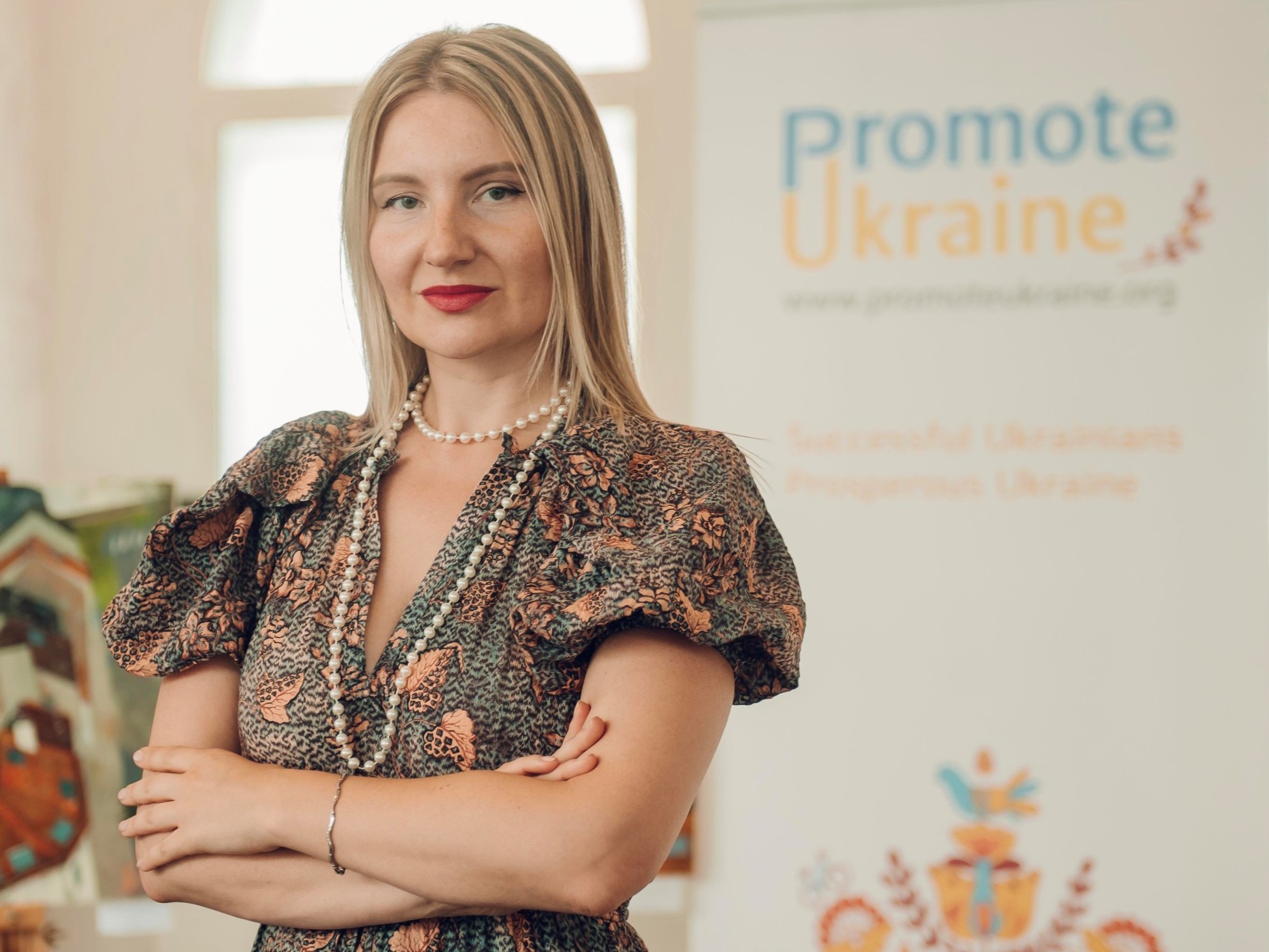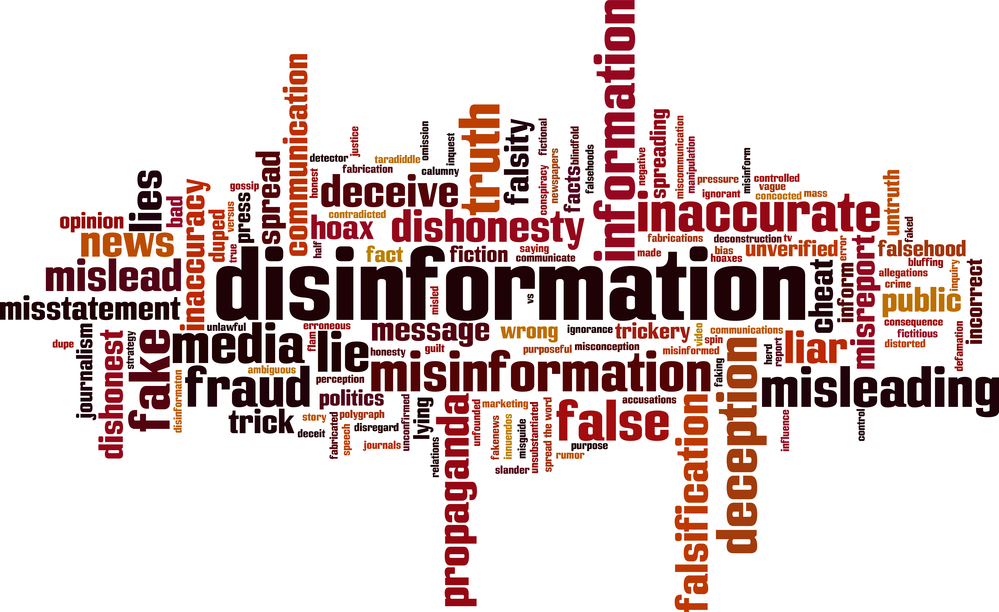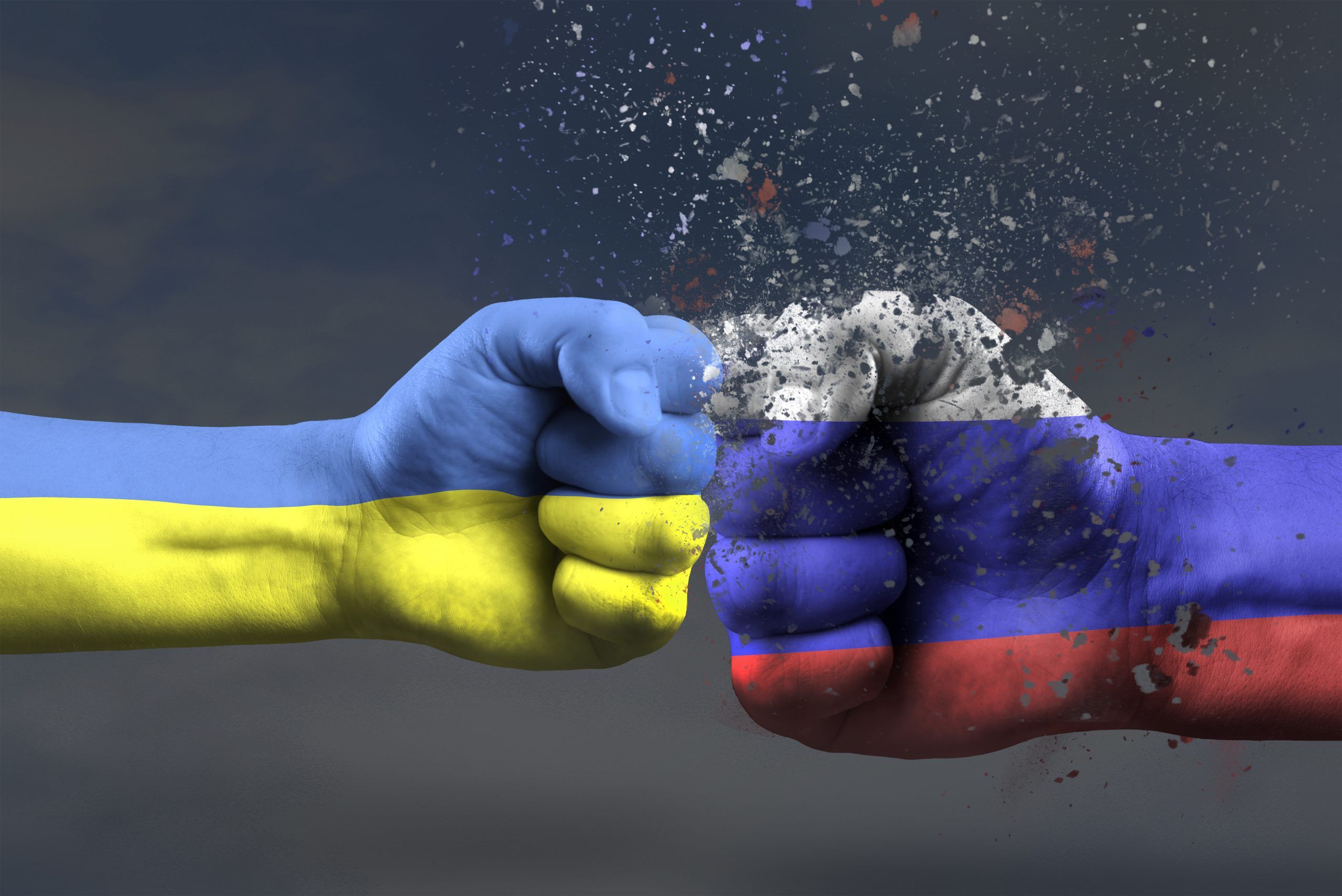Through information attacks any government “can justify armed intervention in a foreign state”, and with the help of ideology – to prevent such attacks in relation to oneself. This position is promoted by Igor Ashmanov, who developed the concept of “informational sovereignty of the Russian Federation”.
Who is this Ashmanov?
Igor Ashmanov is one of the most famous Runet managers, husband of Natalia Kaspersky, Director General of InfoWatch and co-founder of Kaspersky Lab. In 2018 he is Putin’s trustee during the Russian presidential election. Thus, on the rally ahead of voting in the presidential election he said “We are a warring country, make no mistake. He (Putin) collects territories, wins wars, and introduces new weapons. How can a warring country change its commander-in-chief?”
Ashmanov speaks about information warfare in his interviews and articles, about informational «vbros» (dubious posts in social media), mental viruses and memory erosion. Back in 2012, he tested the “vbrosy” about the Patriarch of the Russian Orthodox Church, explaining how the information thrown in is different from the news, and how to test the development of news in the “algebra” network. “Vbros” can provoke the spread of false information at a crazy speed in huge volumes, “igniting people’s emotions.” And then this information fades and is quickly forgotten.
“Information War” of the US against the West and Russia?
Igor Ashmanov is a supporter of conspiracy theories, which are extremely popular in Russia even among critically minded people. So, he believes that because of freedom of speech, sovereignty is “broken”. The aim of freedom of speech is to create a world government with a centre in Washington.
In his view, freedom of speech is a pro-Western instrument used by the liberals to prevent states from building their “informational sovereignty”. At the same time, freedom of speech is a means of “US information war against other countries”, as it allows foreign content to penetrate the information space of these countries.
At the same time, Western states do not possess “informational sovereignty” at all because it is incompatible with the processes of globalization.
Russia – “guard of the system of international law”
According to Igor Ashmanov, globalization and to some extent human rights culture “breaks down sovereignty and the entire system of international law.”
“Informational sovereignty” on the contrary, is beneficial to states that want to pursue their policies without regard to the international community: “If you do not have informational sovereignty, you may lose ordinary sovereignty, that is, to cease to be an independent state”.
He “predicts” that the Internet will collapse into “many sovereign Internets”, when each state will “nationalize” its Internet, in order to be able to filter it according to its national security system.
And according to this perspective, smaller states will need to cooperate with large ones – the superpowers. So, according to him, Russia can not abandon the status of a superpower, because “it is too big and it has too many nuclear weapons.” In his opinion, small countries will not be able to build full “informational sovereignty”, so such countries can unite with Russia.
The substitution of ideology in order to “break” the sovereignty
Igor Ashmanov told during the IForum in Ukraine in 2013 that in order to maintain its full independence the government should control the flow of information in the country by creating a system of propaganda and a system of conducting information wars.
Since “sovereignty is being broken by foreign powers primarily through the dissemination of information, and then through the “substitution of ideology”, then one must propose a certain ideology to his people, and this ideology should be the core of “informational sovereignty.” To protect it, the government must create an “information shield ” and an “information sword”.
Informational defence
“Informational shield” – protection of information from external interference. To this end, the state should ensure a complete technological chain of creation and flow of information within the country.
Elements of the shield include a high level of computerization of the country and information and communication turnover; own national software and antivirus; a strong positive image of the country inside and outside; a clear national idea (ideology) to unite a large number of people for one purpose; own national Internet infrastructure (search engines and social networks); legislation; own national payment systems.
Informational attack
“Informational sword” – attacks that are active or preventive means of interference in the information flow of foreign states, aimed at “undermining the informational sovereignty of the enemy”.
Elements of the sword: propaganda and media systems, including channels of external communication; production and promotion of national cultural products such as movies, music, national brands that can be used in particular to undermine the legitimacy of the government in certain countries, in particular through commercials, documentaries, films, and pseudodocumentaries; distributing the necessary government ideas in the internet space through news, social networks, Wikipedia, etc .; promoting a positive image of the country through the Internet and mass culture and negativizing the image of the enemy states and undermining their international credibility; Institutionalization of the information sphere: the creation of a hierarchy of bodies of informational influence (ministries, departments, cyber troops); legislation as a mechanism for a rapid response to attempts to undermine informational sovereignty, for example, sanctions against hackers and instigators of revolutions, as well as restriction of distribution of unfavourable government content etc.
Examples “shield and sword” in Russian information policy
It is not difficult to draw parallels between the “shield and sword” of Ashmanov with the dissemination of the ideas of the “Russian world” and ” Great Russia”, as well as with propaganda through concerts, political shows, Russia Today, Sputnik, social networks, fake news, etc. Also, Putin adviser German Klimenko stated that Russia is “ready to be cut off from the internet because it has its own web”.
Recent statements by foreign leaders regarding Russia’s informational influence on their internal processes, investigations of journalists and think tank publications reveal that the Kremlin implements the elements of an “information sword”. The Kremlin has adopted information tools for interference in the affairs of those states in which such “informational sovereignty” is absent. And it is absent in all the states of Europe.
This interference is also possible due to the fact that information attacks, with a few exceptions, are not prohibited by international law. At the same time, Ashmanov said that the information sphere should apply the same laws that apply to abuses in real life. It is difficult not to agree with the “guru” of informational influence. States should agree among themselves on the international legal regulations of informational attacks. They just do not have time to do so because they are already finding themselves in a state of the latest digital information warfare that they have not yet comprehended.
Thus, the concept of “informational sovereignty” represents the double standards of the Russian approach – “saving sovereignty” at the cost of sovereignty of other states by “interference in their internal affairs”. This means that sovereignty as such is not a value. It is all about justification of the one-sided realization of the interests of one state that does not want to abide by human rights and international law – the Russian Federation.
Author Marta Barandiy.






 UA
UA FR
FR DE
DE



